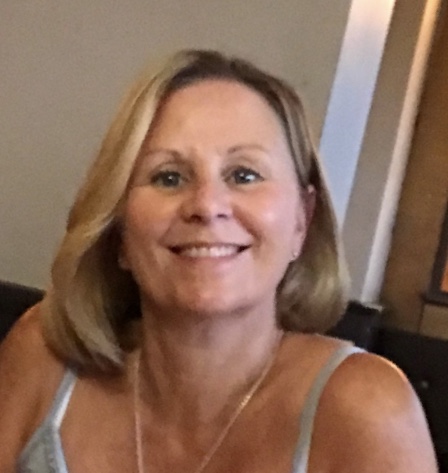Vallis Reflect
Approachable & Calm
About Tracy Vallis
Clinical Supervisor
I qualified as a clinical supervisor using the Seven-Eyed model of supervision, training with Robin Shohet and Joan Wilmot at The Centre for Supervision and Team Development in London. I hold a Diploma in group therapy having trained at The Institute of Group Analysis.
Clinical Supervision or reflective practice?
“A reflective space is for everyone”
Working in the helping professions can put a heavy demand on the practitioner: focusing on the needs of our clients, being self-aware and managing ethical awareness and organisational expectations. There are the demands of life outside work: most of us will have financial, family and personal responsibilities to attend to.
Whether the work is clinical, or more broadly emotional and practical in nature supervision is essential for practitioner well being and resilience. Supervision can be adapted through language and approach to meet the needs of anyone working in the helping provisions, it’s not just for trained therapists and, call it what you will, all practitioners in the helping professions should have a safe space to reflect and develop themselves and their work.
Why do we need to have supervision?
“You can’t give away what you haven’t got”
The common connection between all areas of practice is the therapist or practitioner. First and foremost, you are the person you need to look after, otherwise you risk burnout. The symptoms of burnout or vicarious trauma can creep up and become overwhelming. Self care, self development and self-awareness are crucial factors in the practice and survival of any therapist.
Personal and professional growth happens within the context of the relational space of the supervisory work and whether sessions are clinical or reflective in nature, the development of a supervisory relationship that is creative, collaborative and safe is fundamental to healthy practice.
Why do we need to provide supervision?
“Smart employers know that organisations perform better when staff are supported, motivated and focused”.
Research consistently shows that when staff feel their work is meaningful and they are valued, organisations reap the benefits through enhanced morale, loyalty and commitment.
Staff turnover is likely to be lower where there is a supportive, caring and positive work environment, where robust team working leads to a stable, high performing team.
Supervision - the evidence base
The seven eyed model
The seven eyed model was developed by Robin Shohet and Peter Hawkins in 1985, and integrates the relational and systemic aspects of supervision in a single theoretical mode. The model is relational because it focuses on the interplay between each relationship and their context within the wider system. The model is called “seven eyed” because it views the work through seven distinct lenses, supporting the practitioner to fully explore their whole experience.
.

My Offer
To You and Your Teams
Having worked as a clinical supervisor for more than seven years I have extensive experience of supervising groups and individuals in a variety of specialisms including the fields of substance misuse, domestic abuse and private practice.
My supervisory role has seen me work in residential rehabs, custodial settings, mental health teams and womens refuges, and I am able to draw on the experiences of my wider career which has included leadership roles, executive roles, public protection and direct therapeutic work.
I qualified as a clinical supervisor using the Seven-Eyed model of supervision, training with Robin Shohet and Joan Wilmot at The Centre for Supervision and Team Development in London. I hold a Diploma in group therapy having trained at The Institute of Group Analysis.
I offer 60, 90- and 120-minute supervision sessions for individuals and groups respectively, and up to six supervisees can attend group sessions.
If you are leading a team within the helping professions, are a therapist, counsellor, social worker, safeguarding officer, healthcare professional, teacher etc and are interested in having supervision on your clinical work and/or caseloads, please get in touch so we can explore the possibility of working together.
Contact Me….
Please fill out the form and I’ll be back to you shortly….
